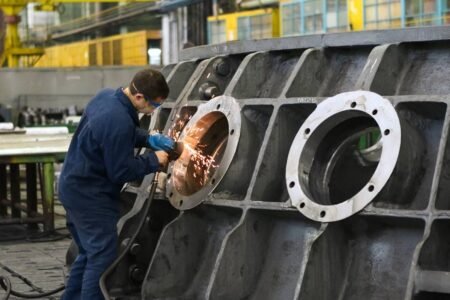Countries providing high quality jobs and effective social protection as well as investment in human capital have proved to be more resilient to the economic crisis. This is one of the main findings of the 2014 Employment and Social Developments in Europe Review, which has looked back to the consequences of the recession. It also stresses the need to invest in the formation and maintenance of the right skills of the workforce to support productivity, as well as the challenge of restoring convergence among Member States.
Advertisement
The Review has looked into the lessons learnt from the recession to see that its negative impact on employment and incomes was smaller for countries with more open and less segmented labour markets, and stronger investment in lifelong learning. In these countries, unemployment benefits tend to cover many of the unemployed, are linked to activation, and responsive to the economic cycle.
The Review notes that a number of Member States are progressively moving towards a social investment model that promotes people’s potential throughout their lives and supports wider labour market participation. Past reforms to bring more women and older workers into work have helped maintain activity rates in Europe. This confirms the need to continue with labour market reforms and the modernisation of social protection.
Better skills matched by better jobs
In the face of an ageing but declining population in the EU, investment in human capital is essential to support productivity and ensure a job-rich and inclusive growth in the future. The Review underlines that effective human capital investment requires not only education and training in the right skills, but also adequate frameworks to help people to maintain, upgrade and use those skills all through their working lives. In this sense, appropriate policies are needed to prevent human capital from being wasted through inactivity or underutilisation of people’s employment potential.
On the other hand, an increase in the supply of skilled human capital needs to be matched by an increase in the supply of quality jobs, in order to yield a more productive workforce. Looking at future challenges and opportunities, the Review notes that on-going changes linked to technological advance, globalisation, demographic change and the greening of the economy should offer opportunities to create high quality jobs, but can also make some skills and jobs outdated and wages more polarised. Pro-active policies supporting life-long training, improved job-search assistance and social dialogue to foresee and implement innovations are therefore needed.
Restoring convergence
Finally, the Review also underlines that restoring socio-economic convergence is another important task following the crisis years, particularly concerning Southern and peripheral EU 15 Member States. Behind crisis induced divergence lay not only the size of the economic shock but also structural imbalances which were already present before the crisis in the most affected countries, such as weak productivity, lack of investment in human capital, weaknesses in their banking sector and property bubbles, and in their welfare systems. The Review contributes to the on-going debate on the most appropriate ways to restore convergence, deepen the economic and monetary union and strengthen its social dimension.
The Employment and Social Developments in Europe Review
This is the fourth edition of the Annual Review of Employment and Social Developments in Europe (ESDE), in which the Commission reports on the recent employment and social trends, and reflects on upcoming challenges and possible policy responses. With this review, the Commission also fulfils its Treaty obligation to report on the social situation in the EU.
ESDE presents sound analytical work by the Commission services, based on the latest data and literature available, and its main findings underpin the Commission’s initiatives in the employment and social policy field.
Further information







